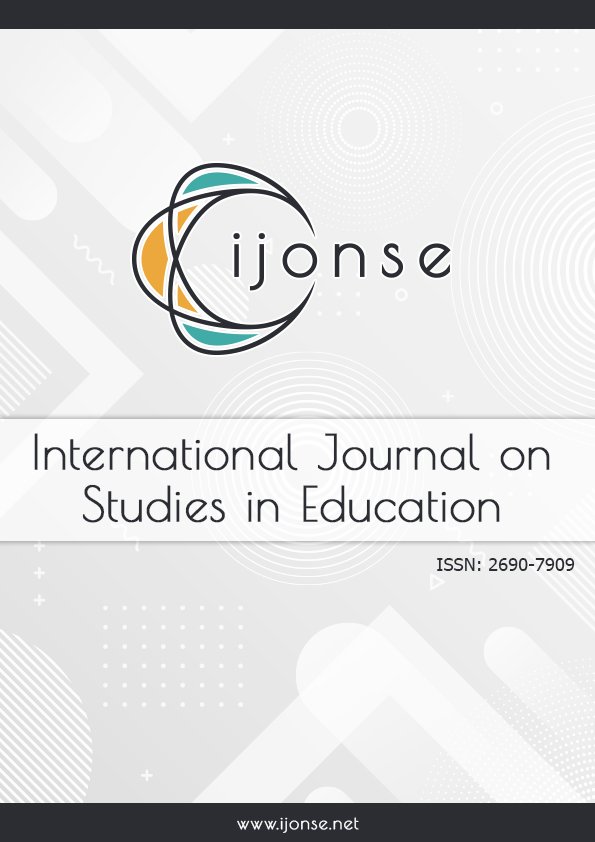A Review of Implementations of Math Competency Oriented Teaching-Learning Systems
DOI:
https://doi.org/10.46328/ijonse.244Keywords:
Mathematical competencies, Teaching-learning system, Methods, Technologies, FactorsAbstract
Mathematical skills are fundamental to students' cognitive and practical development and are essential to their academic and professional success. The implementation of effective teaching-learning systems is crucial to facilitate the acquisition of these competencies, providing students with tools and methodologies that promote a deep and lasting understanding of mathematical concepts, these systems must be interactive, adaptive and designed to address the individual needs of students, ensuring that each student can reach his or her maximum potential. This paper seeks to identify the methods used in the implementation of these systems, the technology and the relevant factors for their construction. The results show that gamification and game-based learning are popular and effective methods, while block-based programming is considered to be efficient. Factors include curriculum design, interactivity and content. Among the most used technologies, scratch and virtual reality (VR) are mentioned.References
Chirinos Timoteo, H.B. & Coral Ignacio, M.A. (2024). A review of implementations of math competency oriented teaching-learning systems. International Journal on Studies in Education (IJonSE), 6(4), 575-602. https://doi.org/10.46328/ijonse.244
Downloads
Published
Issue
Section
License
Articles may be used for research, teaching, and private study purposes. Authors alone are responsible for the contents of their articles. The journal owns the copyright of the articles. The publisher shall not be liable for any loss, actions, claims, proceedings, demand, or costs or damages whatsoever or howsoever caused arising directly or indirectly in connection with or arising out of the use of the research material.
The author(s) of a manuscript agree that if the manuscript is accepted for publication in the International Journal on Studies in Education (IJonSE), the published article will be copyrighted using a Creative Commons “Attribution 4.0 International” license. This license allows others to freely copy, distribute, and display the copyrighted work, and derivative works based upon it, under certain specified conditions.
Authors are responsible for obtaining written permission to include any images or artwork for which they do not hold copyright in their articles, or to adapt any such images or artwork for inclusion in their articles. The copyright holder must be made explicitly aware that the image(s) or artwork will be made freely available online as part of the article under a Creative Commons “Attribution 4.0 International” license.

This work is licensed under a Creative Commons Attribution-NonCommercial-ShareAlike 4.0 International License.





